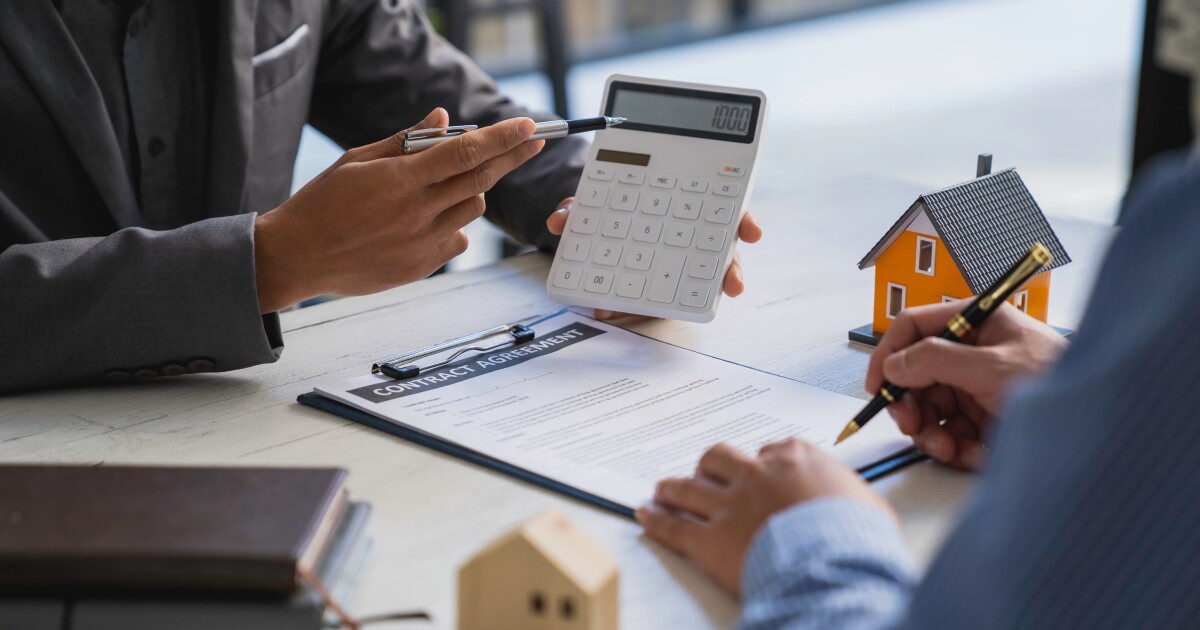
Annual
August marks the eighth consecutive month that annual home price appreciation has slowed nationally, continuing its regression to the pre-pandemic average of around 3.5%, according to First American Data & Analytics' monthly Home Price Index Report.
Home prices nationally are now 54.5% higher than in February 2020.
The national non-adjusted HPI grew only 0.1% in August, compared to 0.3% growth recorded in First American's July report. A 4.5% increase year-over-year was recorded for August.
Housing
"Sluggish demand combined with increasing supply is a recipe for cooling home price appreciation," said Fleming.
The key question moving forward is whether the downward trend in mortgage rates fueled by the Fed's interest rate cut will be enough to bring buyers off the sidelines, he said.
Anticipation over the first cut in years has helped lower 30-year mortgages' financing costs since May. Following the Fed's decision to cut short-term rates by 50 basis points on Wednesday, economists said it could lead to
But many mortgage professionals are saying the industry shouldn't expect much market action for right now.
"Most buyers are also sellers, and they will remain significantly rate locked-in by their current low-rate mortgages, so modestly lower rates may not spur significant numbers of buyers into the market," said Fleming.
On the other hand,
"Notably, many of the top markets for growth in starter home prices are those that are relatively more affordable, such as Pittsburgh, Baltimore and St. Louis," said Fleming.



